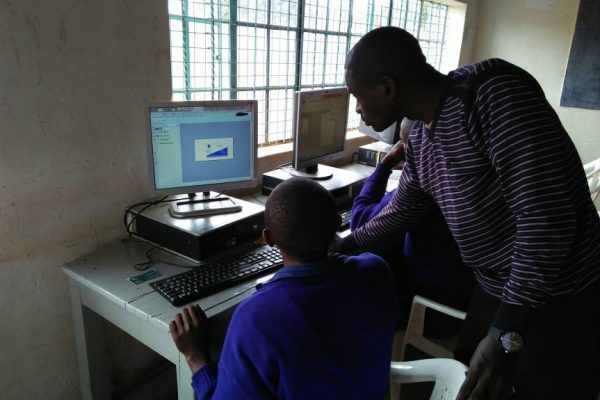Male youth who are in prison often fail to take full responsibility. Instead, they blame their families, the community and surroundings for their reality. Our restorative justice process seeks to change this. Continue reading.

According to counselors in prison, taking responsibility helps in restoring damaged relationships. But, this cannot happen without genuine remorse from the offending party.
When genuine remorse fails to happen, there are a lot of repercussions. An individual who has not accounted for their mistakes continues to offend others. The offended person lives in constant pain, fear and bitterness.
The community may want to revenge for the wrong that has not been fully accounted for. This is what creates stigma against male youth exiting prison.
"Restoring damaged relationships happen when an individual owns up to their mistakes. When this fails to happen, individuals who have been wronged live in fear and bitterness. That is why it is very important to take full responsibility of wrongs done so genuine healing and reconciliation can happen.
Christine Akinyi, Counseling Psychologist
Restorative justice process
At Lifesong Kenya, we recognize that stakeholders in a conflict need care and support. That is why our approach is reparative as opposed to punitive justice system. Our restorative justice process involves the following parties:-
- the offended individual
- the individual causing harm, and
- the community where the harm occurs
Benefits of restorative justice process
First, it helps the offending party to walk in the shoes of the person they have wronged and hurt. They are able to see the damage their actions have caused to their family. They are also able to understand why the community may treat them with stigma when they exit prison.
Secondly, it enables the offending party to take full responsibility of their wrongdoing. This empowers them to make an informed choice on how to make amends for the wrongs done.
Thirdly, it helps during the mediation and reconciliation process. The offended individual feels their hurt has been acknowledged. As a result, they are able to find closure and the courage to forgive.
Fourthly, it helps in smooth reintegration of the offending party into the community. This contributes towards complete healing and reconciliation between the three parties involved.
Above all else, restorative justice process reduces chances of re-offending, making the community safer for all.
Success and impact stories
We began our restorative justice process at Kamiti Juvenile Prison in 2017. Since then, we have experienced significant success. The families we have called and visited saw the need of visiting their sons and coming to court.
The police officers we have engaged with have viewed boys differently. In addition, the offended parties dropped charges of offences. As a result, 5 cases were dropped, enabling our boys to exit prison earlier than scheduled.
This success shows that restorative justice has high chances of rehabilitating ex-offenders. This is the path that Lifesong Kenya would like to focus on in 2022 and the years beyond.
But, we cannot achieve this on our own. We need your help and generous support. Healing and reconciling one boy alone is a costly affair that goes way beyond. But, the benefits and its ripple effects is fulfilling and impactful.
Help us free one boy and give him a second chance today!

